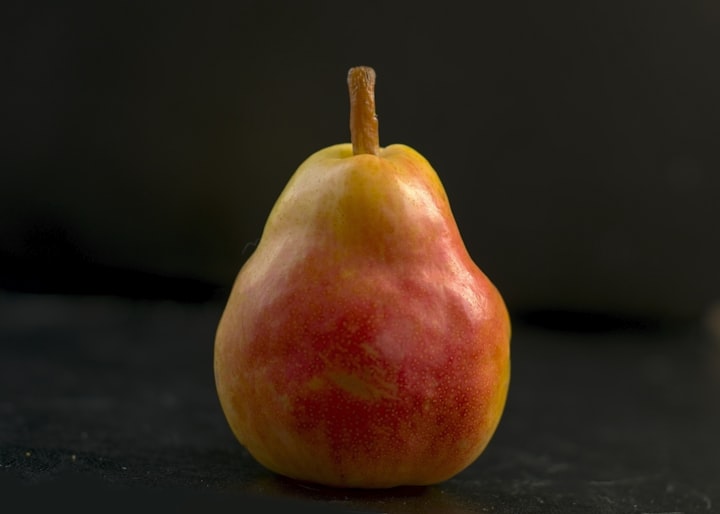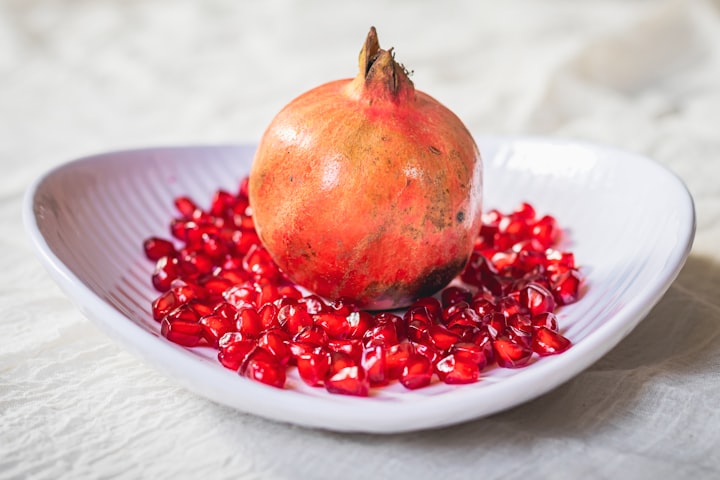Pear is a Fiber-Rich Fruit
Pear is a fiber-rich fruit

It is a delicious and easily digestible fruit. It has more than three thousand (3000) varieties and all of them have different flavors and shapes. It is a delicious fruit from Europe, North Africa, and Asian coasts. It is one of the summer fruits. Its pulp is white, the peel is slightly hard and green in color. In terms of taste, this fruit is slightly sweet and sour but juicy.
It should also be eaten with the peel like an apple because six times more (Polyphenols) are found in its peel.
According to the United Nations Division of Agriculture and Nutrition, the world production of pears is 23.7 million metric tons. Nutritionists say that the world production of this fruit should be given importance because of how abundant and quick energy campaign nature has provided for humans. Food is provided.
Glucose provides immediate energy to those who are weak and recovering from prolonged illness.
Other Medical Benefits
Pear contains powerful plant compounds that protect against cancer. This fruit contains flavonoids as well as cinnamic acid and anthocyanin, all compounds that prevent various types of cancer.
Red varieties of pears reduce the risk of diabetes.
The fiber in it eases digestion. This takes longer for the body to break down and absorb carbohydrates, which lowers blood sugar levels.
This fruit is very low in calories while high in fiber. Fiber and water make the stomach feel full. Fruits are the best for constipation relief.
This fruit corrects the bad cholesterol LDL, and the antioxidant called Quercetin is found in its peel.
This fruit plays an important role in curing anemia. It boosts immunity, from restoring physical energy to getting rid of heart, bone, blood, and obesity problems.
Great Source of Fiber
With over five grams of fiber in every medium-size pear, pears are the ultimate high-fiber food. Eating pears is a great way to make sure you cover your bases of 25–30 grams of fiber daily. Fiber contains zero digestible calories. It is a necessary element of a healthy diet, since it helps sustain healthy blood sugar levels and promotes regularity. One of the most researched aspects of pear nutrition is pears’ compound called pectin fiber. Pectin fiber is more than just a regulator; it’s a type of special beneficial fiber that’s water-soluble and helps lower cholesterol and increases digestive health.
Provides Antioxidants
In addition to vitamin C, pear skins (or peels) also contain important phytonutrients. That includes polyphenols, phenolic acids, and flavonoids. These are mostly found in the skin of pears and can help ward off disease formation, so don’t peel your fruit! In fact, when researchers studied the antioxidant capacity of pears and apples, they found that diets that included the fruit peels had a significantly higher level of healthy fatty acids (higher plasma lipid levels) and antioxidant activity than diets that discarded the peels and only ate the fruit’s pulp. Diets high in fresh fruit, including pears, have also gained a lot of attention for having anti-inflammatory and cancer-protective effects. This is due to their high levels of essential nutrients like vitamin C, antioxidants, and phytochemicals. Those essential nutrients and antioxidants make pears one of the better anti-inflammatory foods around.
Another important way pear nutrition benefits you? Pears also have antioxidant and anticarcinogen effects thanks to glutathione. Glutathione is a “super antioxidant” known to help prevent cancer, high blood pressure, and stroke. According to studies by the National Cancer Institute, consuming fresh fruit daily shows positive effects on the body’s ability to prevent cancer growth, reduce inflammation, remain in pH balance, decrease oxidative damage to lipids and improve antioxidant status in healthy humans. It’s also true that eating more fruits and veggies is the best way to detox your body from harmful substances and toxins. This is the primary reason that every year U.S. national policymakers set a national dietary goal to increase fruit and vegetable consumption among both children and adults.
Nutrient Content in 100 Grams of Pears
Water 88 grams
Calories 57 mg
Carbohydrates 15.23 grams
Sugar 9.75 grams
Fiber 3.1 grams
Protein 0.36 grams
Thiamine 0.01281 mg
Riboflavin 0.2682 mg
Folate 89 mg
Vitamin C 4.3 mg
Vitamin 0.12E mg
Vitamin 4.4K micrograms
Calcium 9 mg
Iron 0.18 mg
Magnesium 7 mg
Phosphorus 12 mg
Potassium 1.16 mg
Manganese 0.048 mg






Comments
There are no comments for this story
Be the first to respond and start the conversation.